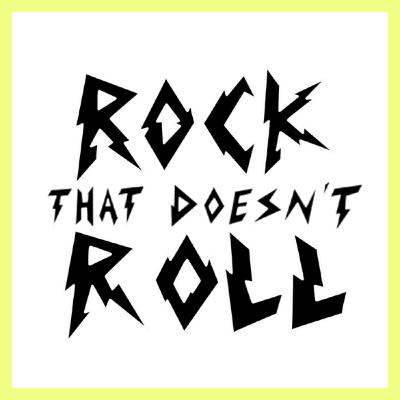
Rock That Doesn't Roll: The Story of Christian Music
Author: Andrew Gill and Leah Payne
Subscribed: 126Played: 2,443Description
Rock That Doesn’t Roll looks at how Christian music shaped the world we're living in now by telling individual stories from the peak era of the contemporary Christian music industry. In the 80s, 90s and early 2000s CCM grew into a billion dollar business that affected millions of evangelical young people. Through interviews with artists, industry players and average fans Dr. Leah Payne and Andrew Gill trace the long-lasting personal, cultural and political impact of sometimes cringe-worthy music. Expect hilarious moments and heartfelt yearning, purity culture and conservative politics- all in equal measure. Whether you’ve deconstructed, come out or renegotiated your faith, we hope you feel seen. If you’ve never given Christian music any thought beyond a punchline, we hope you’ll gain a deeper understanding of a subculture that’s shaping the world around us now.
Join our Patreon or Buy Us A Coffee.






https://infocampus.co.in/ui-development-training-in-bangalore.html https://infocampus.co.in/web-development-training-in-bangalore.html https://infocampus.co.in/mern-stack-training-in-bangalore.html https://infocampus.co.in/reactjs-training-in-marathahalli-bangalore.html https://infocampus.co.in/javascript-jquery-training-in-bangalore.html https://infocampus.co.in/data-structure-algorithms-training-in-bangalore.html https://infocampus.co.in/angularjs-training-in-bangalore.html https://infocampus.co.in/ https://infocampus.co.in/web-designing-training-in-bangalore.html https://infocampus.co.in/front-end-development-course-in-bangalore.html
This is a very good tip particularly to those fresh to the blogosphere. Short but very accurate information… Thank you for sharing this one. A must read post!